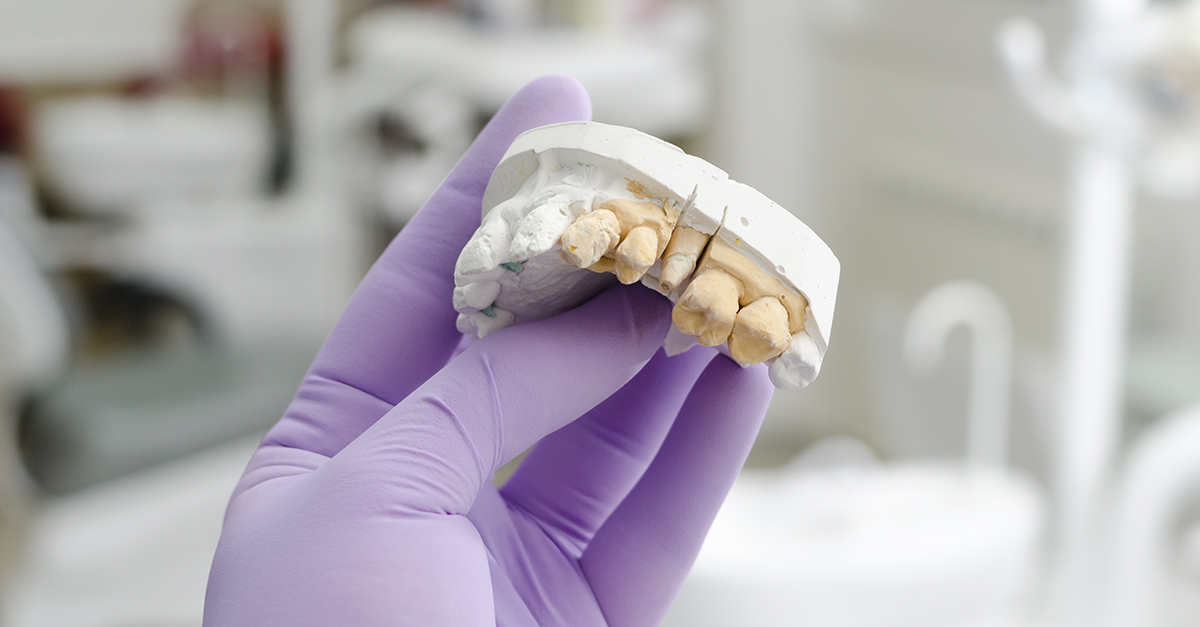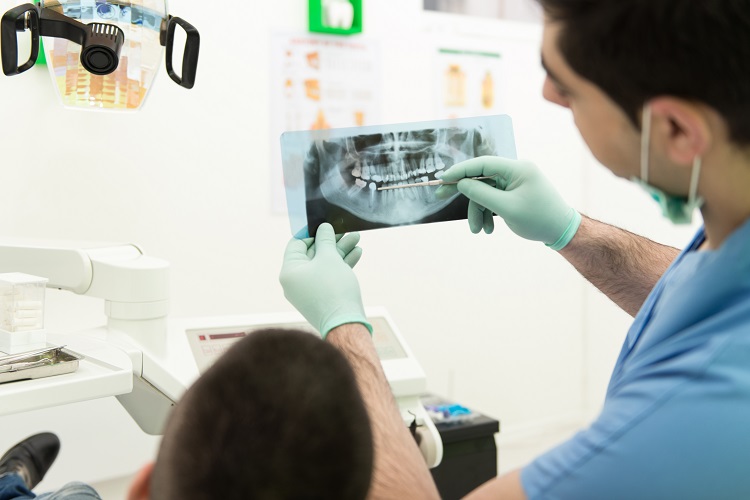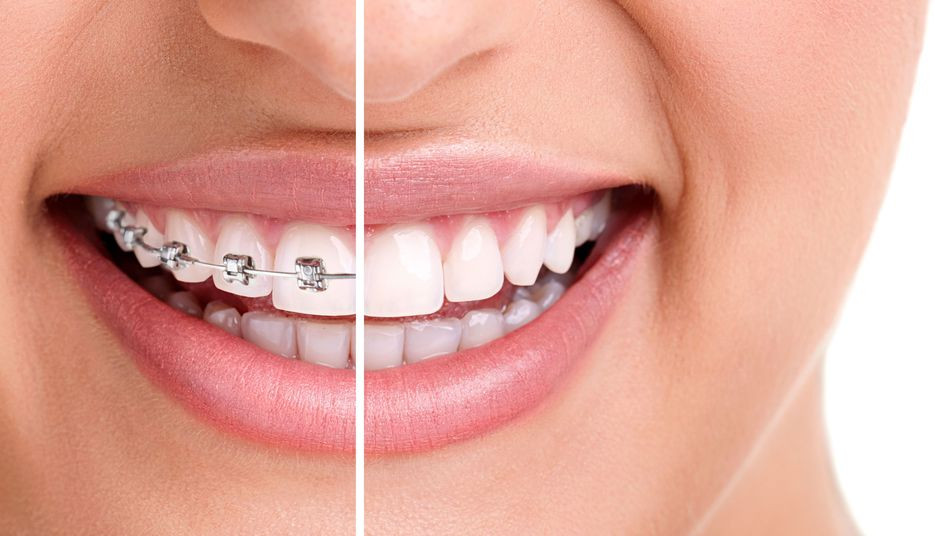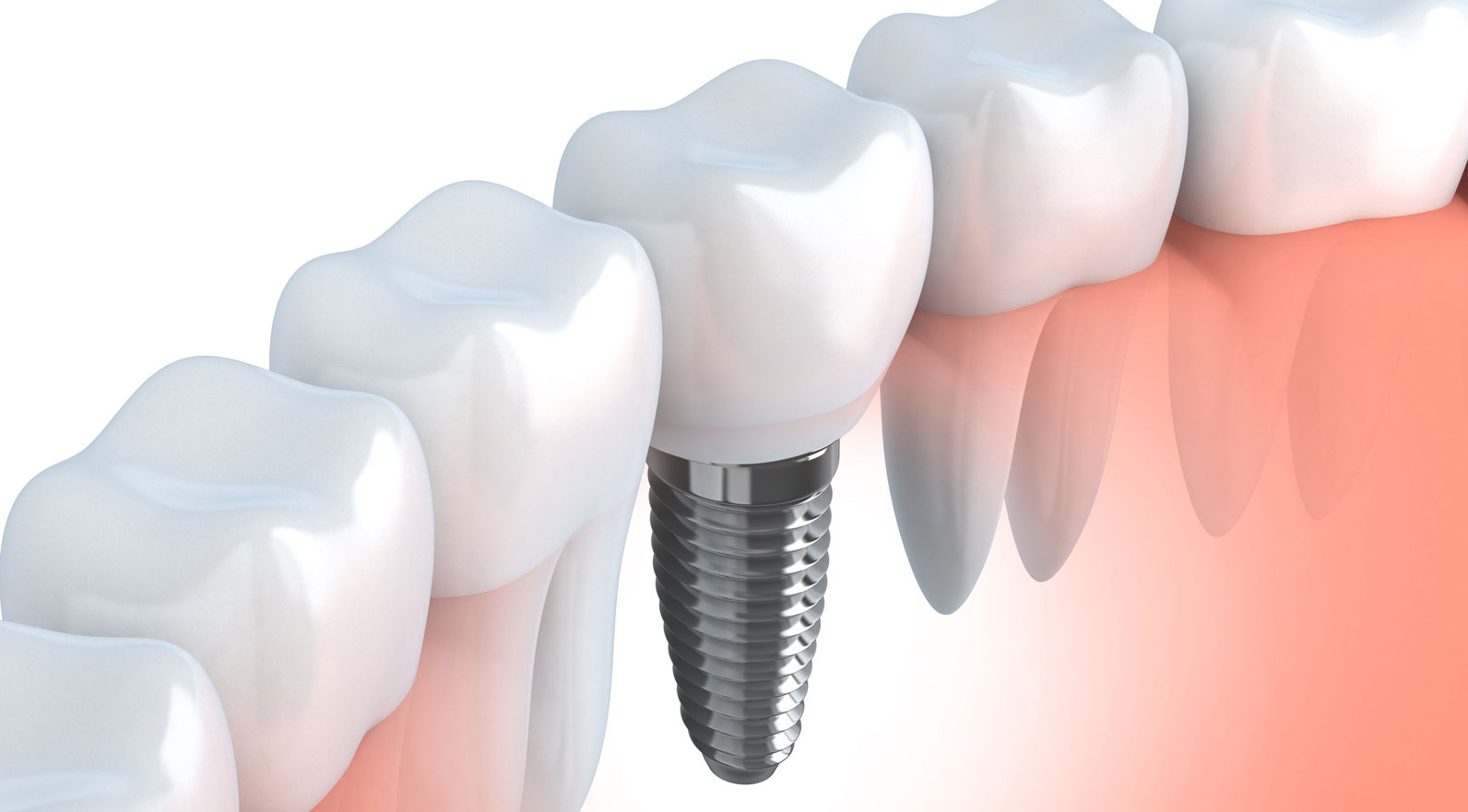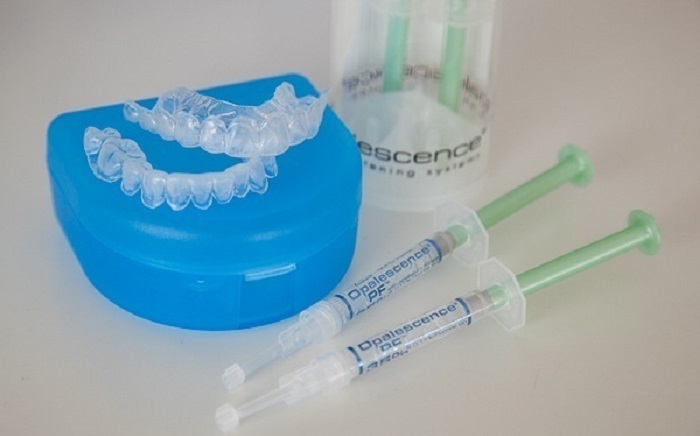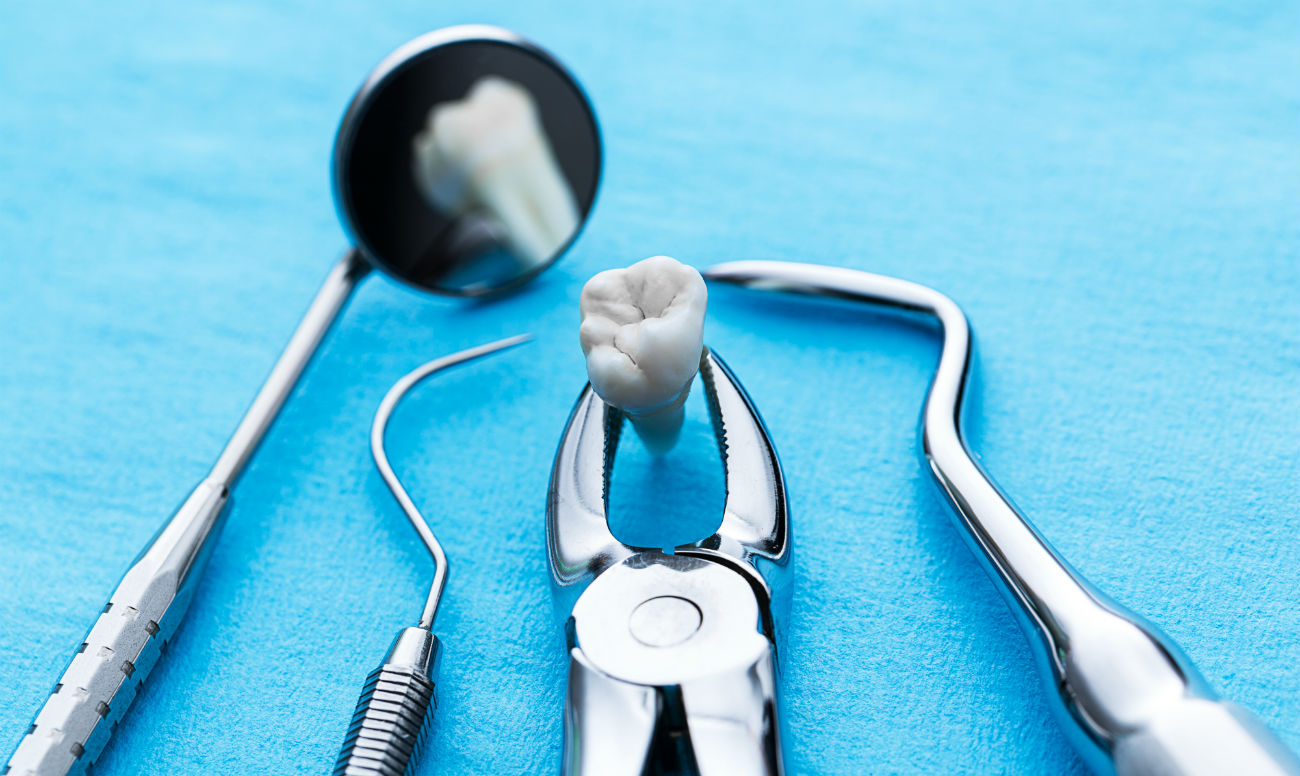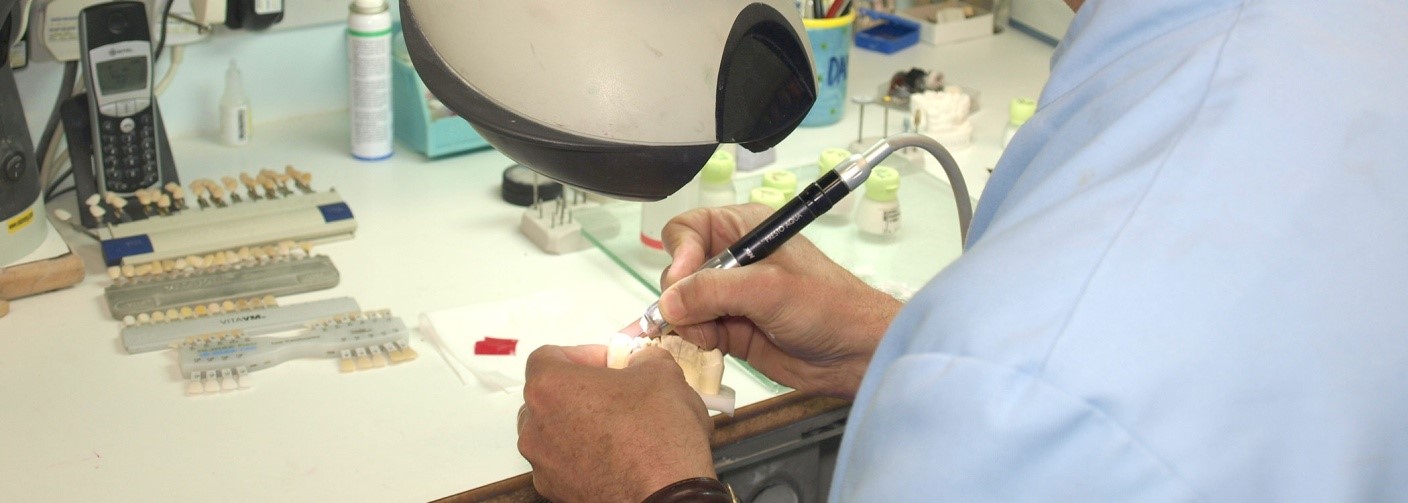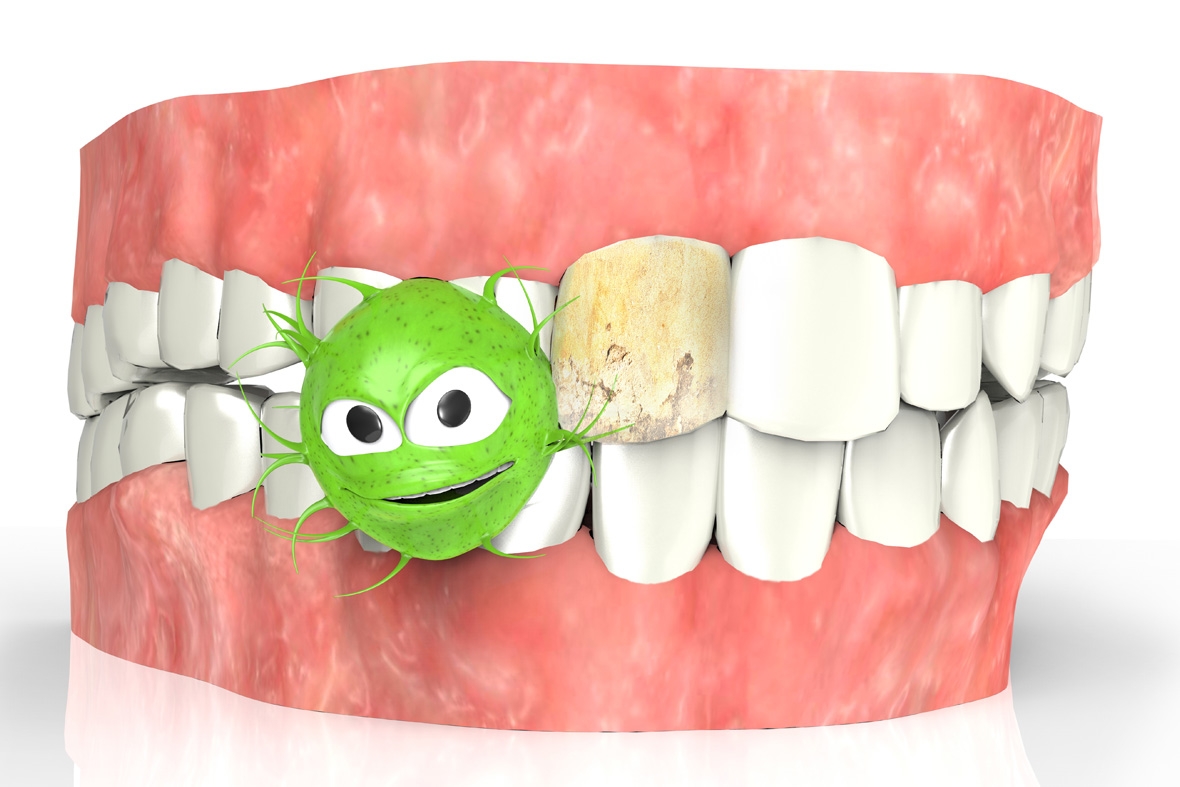
Besides the routine exam, dental cleaning, scaling and other methods of prevention, General Dentistry services we offer includes dental therapy.
Dental therapy refers to compensation of effects due to caries, trauma and various diseases of the oral cavity. Specific treatment procedures include restorations with composite materials (fillings) and root canal therapy (removal of infected tissue from the root canal).
What are cavities? Why do we get to have cavities?
Cavities are, just as the name suggests, the tooth cavities caused by it's weakening.
The main blame for the occurrence of caries are certain types of bacteria in the mouth. They represent the bacterial plaque which, in contact with carbohydrates and with the sugars in food, causes the formation of an acidic environment that destroys tooth enamel. If the acid destroys the tooth enamel, the latter one is exposed: there's merely a less resistant layer of dentin left, leaving for the cavity form. At this point, the decay fast forwards deep into the tooth.
Why do we need restorations?
The fillings are necessary in treating tooth decay because, in their absence, the degradation of the tooth will continue until the nerve, which can be extremely painful. This can lead to more serious disorders such infections and abscesses.
The restoration material is also used for the repair of an older restoration which was worn out or to fix a nicked tooth.
Deferring the treatment of tooth cavity, besides pain and discomfort, could lead to its loss. The more you delay, the process becomes more difficult, involving intervention on root canals to save the tooth. The operation will be longer-lasting and far more expensive. In short, you must take action as soon as possible.
Restoration with composite materials
Composite materials are the most suitable solution to obtain precise shades that match the tooth. These materials are currently the most popular because they can mimic the color of the tooth, being at the same time very resistant.
After the treatment of the decay a the cleaning gel is applied, then an adhesive solution and, finally, the composite material for obturation. Composite material hardens under high intensity blue light. It only takes 10-20 seconds for it to harden.
After obturation and hardening of the composite material, desired filling form and appearance is verified. At this time any adjustments are to be made.
What are your expectations about the new obturations with composite materials?
If the restoration is done after the standard procedure, normally the patient will feel a certain degree of discomfort, whether related to anesthesia, or the tooth itself. To reduce such inconvenience, you can follow the advice of dentist to take a painkiller which is issued without a prescription, for example ibuprofen. If symptoms persist you will need to do a checkup with the dentist.
Sometimes the decay is very deep, close up to the nerve. In these cases it is possible that the nerve to be already infected with bacteria. Even if the tooth has been restored, there's still the possibility that the issue might not be resolved until the appropriate treatment is done through the intervention on the canal-the only way to reduce discomfort.

